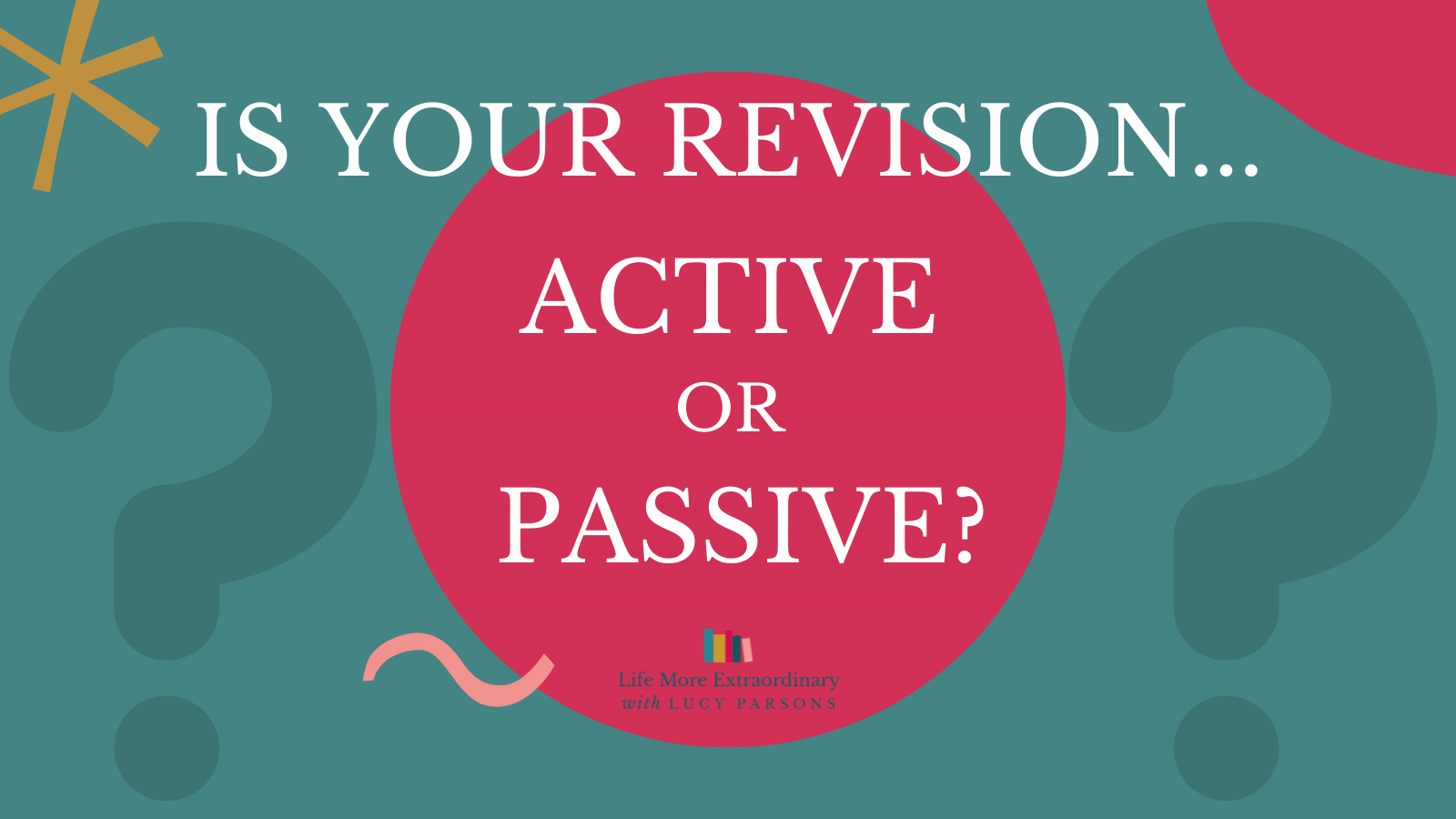Why working harder isn’t always the answer to better grades
Podcast: Play in new window | Download
Subscribe: RSS
It breaks my heart when I see students pushing themselves to breaking point to do their revision. Life shouldn't be like that for anyone, let alone our young people.
Two particular examples stand out. Firstly, a young man emailed me in desperation saying he was studying for twelve hours per day. Secondly, someone who was a member of The Extraordinaries Club last year who had been told by another study skills expert to make reams and reams of revision notes. It wasn't working for him as a revision technique and was driving him into the ground with exhaustion.
It doesn't have to be this way. And, this isn't just good news for the students who are working really, really hard. It's also good news for those who are less inclined to put the hours in. This is because, when you learn to revise in the right way revision can be hugely more efficient and effective.
Let's find out what this looks like in practice.
Why working harder isn't always the answer to better grades
1) Why quantity of revision isn't as important as quality
There's this stereotypical image of a teenager revising. They're sitting on their bed, maybe with music playing, staring at a textbook and quite possibly weilding a highlighter. Their phone might be right next to them and everytime a notification pings their attention is distracted.
This is an image of revision time-wasting. And, quite frankly, doing more and more of this isn't going to get the reviser anywhere.
That's because the quality of revision you do is far more important than the quantity.
When I teach students how to revise, I always teach them that they need to do active rather than passive revision.
What I've just described is passive revision. That student, sitting on their bed, is somehow expecting that if they stare at their open text book for long enough the information contained within it is magically going to transfer itself into their heads.
But, if we really think about it, does learning ever work in this way?
You're reading this now, but unless you're taking notes all you'll probably remember five minutes after finishing reading this is the jist of what I've said.
In order to internalise, and really learn and remember the information you need to do something with it.
Doing something with the information is what creates the structures in your brain that store the information. Without those structures, there is nowhere for that information to ‘live' inside your brain. This literally means it's gone in one ear and out the other.
Basically, if you want to do less revision you need to do higher quality, active revision.
2) How to know if the revision you're doing is wasting time or helping you to get better grades
So, how do you know if the revision you're doing is actually working or not?
Check #1
I suggest to students to be constantly asking themselves these questions when they're revising:
- Is it working?
- Is it going in?
If the answer is no (as I'm sure it would be for that young person sitting on their bed listening to music and being distracted by their phone), you need to change the way you're revising.
Check #2
Another way to get an accurate assessment of whether your revision is working is to monitor what's happening to your marks for homework, tests and mocks.
If your marks are gradually increasing, or at least holding steady, you know that what you're doing is working.
Check #3
The final check is asking yourself whether it's hard work doing this revision.
I can remember learning things and literally being able to feel my brain adapting and reforming to store the new knowledge and understanding I was taking on. Everyone needs to be feeling this at least some of the time when they're revising.
Aarti Lodhia, who taught the How to Revise Biology A-Level masterclass in The Extraordinaries Club says that if it's not hard it's the wrong kind of revision.
It's much better to really actively engage with your learning in a way that feels like really hard work for a few minutes than to spend hours sitting on the bed staring at the textbook achieving almost nothing.
3) Before you start a revision session, choose from one of these four intentions
Revising with a purpose in mind is the best way to make sure you're not wasting time revising in the wrong way, and not improving grades.
The best way to avoid this time wasting is to set a revision intention. For many people their intention for a revision session might be to revise a particular topic e.g. cell division in biology or the quotes of Lady MacBeth for English.
But, a good intention will be deeper than that. The four intentions you should choose from are:
- To understand more than when you started this revision session.
- To know / remember more than when you started this revision session.
- To have better insights than you did at the beginning of this revision session.
- To get a better mark than before you did this revision session.
In some revision sessions you can have two of these intentions e.g. to both know and understand more.
If you'd like to know more about this approach to setting revision intentions click here.
Work smarter, not necessarily harder
There are some students who aren't doing nearly enough revision and will have to add hours into their revision routine. But, literally every student can get more out of their revision (and revise less than they perhaps would have done) by revising actively and setting intentions for every revision session they have.
What are you taking away from this article? Let me know in the comments below.

